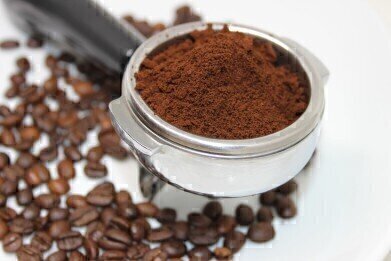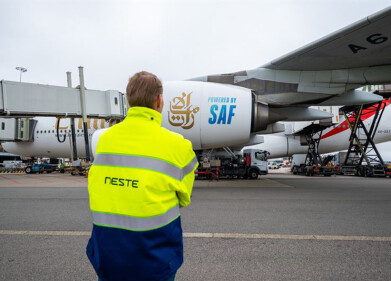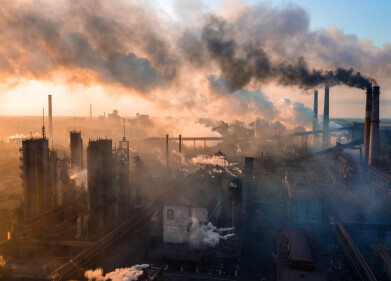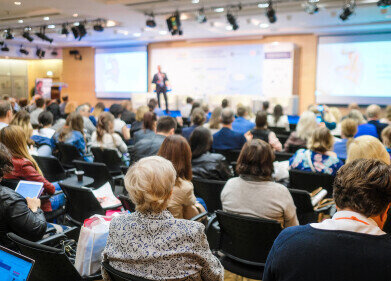Fuel for Thought
Bio-Bean Set to Fuel London Carriages with Caffeine
Aug 17 2015
London is notorious as one of the busiest cities on the planet, with the underground carrying over three million passengers every day! A large portion of these rely on a morning caffeine hit to kick-start their days, and now this craving could help the city slash its greenhouse gas emissions. How? Thanks to a fresh new deal between Network Rail and biofuel specialist Bio-bean, commuters will be able to turn waste coffee grounds into carbon-saving biofuel at six stations across the metropolis.
From dregs to drive
After a successful trial carried out at Victoria and Waterloo stations Network Rail has announced that the concept will be rolled out at a further four stations. Together, Euston, King's Cross, Liverpool Street, Paddington, Victoria and Waterloo produce 700 tonnes of coffee waste a year. Rather than head straight to landfill these grounds will be converted into 650 tonnes of carbon-neutral biofuels that can be used to heat homes, offices and factories in the city.
According to Network Rail the partnership will reduce carbon emissions by 5,000 tonnes a year, with each tonne of grounds generating more than 5,700 kilowatt hours of energy. This translates to enough energy to power 1,000 homes for an entire year!
David Biggs, managing director of property at Network Rail explains, "Millions of cups of coffee are bought in our stations every year and that number is growing as passenger numbers continue to rise. This partnership will see the waste from those purchases put to good use, creating biofuels that can be used in vehicles and to heat homes and saving more than 5,000 tonnes of carbon dioxide from entering the atmosphere."
Cost-effective caffeine hits
As well as being eco-friendly the new scheme will also save Network Rail a significant chunk of change. "The new solution is cheaper than sending the waste to landfill, which means we can invest more in making the railway better for the four million people who travel by rail each day," adds Biggs.
While Bio-bean is currently only working with Network Rail, CEO Arthur Kay is urging other sites to consider recycling coffee ground waste into biofuel. "The UK generates over 500,000 tonnes of waste coffee grounds each year, costing the coffee industry almost £80m in waste disposal fees," he explains. “Bio-bean recycles waste coffee grounds into advanced biofuels at an industrial scale, creating local, sustainable green energy as an alternative to fossil fuels. We are delighted to provide a cost-effective disposal solution for waste coffee grounds from these major transport hubs."
The rail industry has been receiving an increasing amount of attention as the world endeavours to adopt more eco-friendly operations. ‘Proliferation of Crude by Rail and its Impacts’ looks at how shale oil and gas exploration has revolutionised the global energy outlook using hydraulic fracturing powered by horizontal drilling technology.
Digital Edition
PIN 25.1 Feb/March
March 2024
In This Edition Safety - The technology behind the ION Science Tiger XT - Safety with ammonia and LOHCs as hydrogen carriers Analytical Instrumentation - Discussion on new tribology te...
View all digital editions
Events
Apr 28 2024 Montreal, Quebec, Canada
Apr 30 2024 Birmingham, UK
May 03 2024 Seoul, South Korea
May 05 2024 Seville, Spain
May 06 2024 Riyadh, Saudi Arabia


















